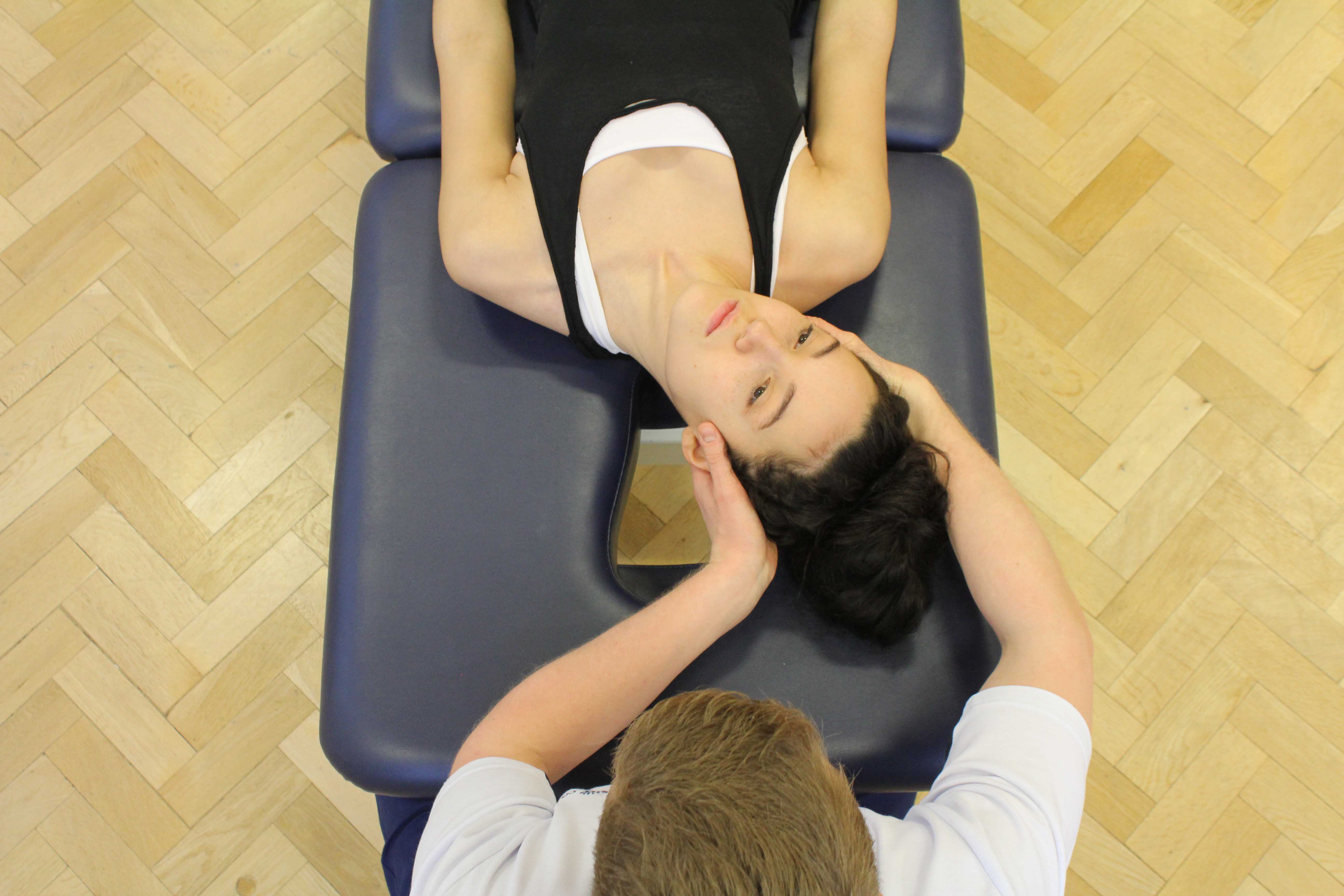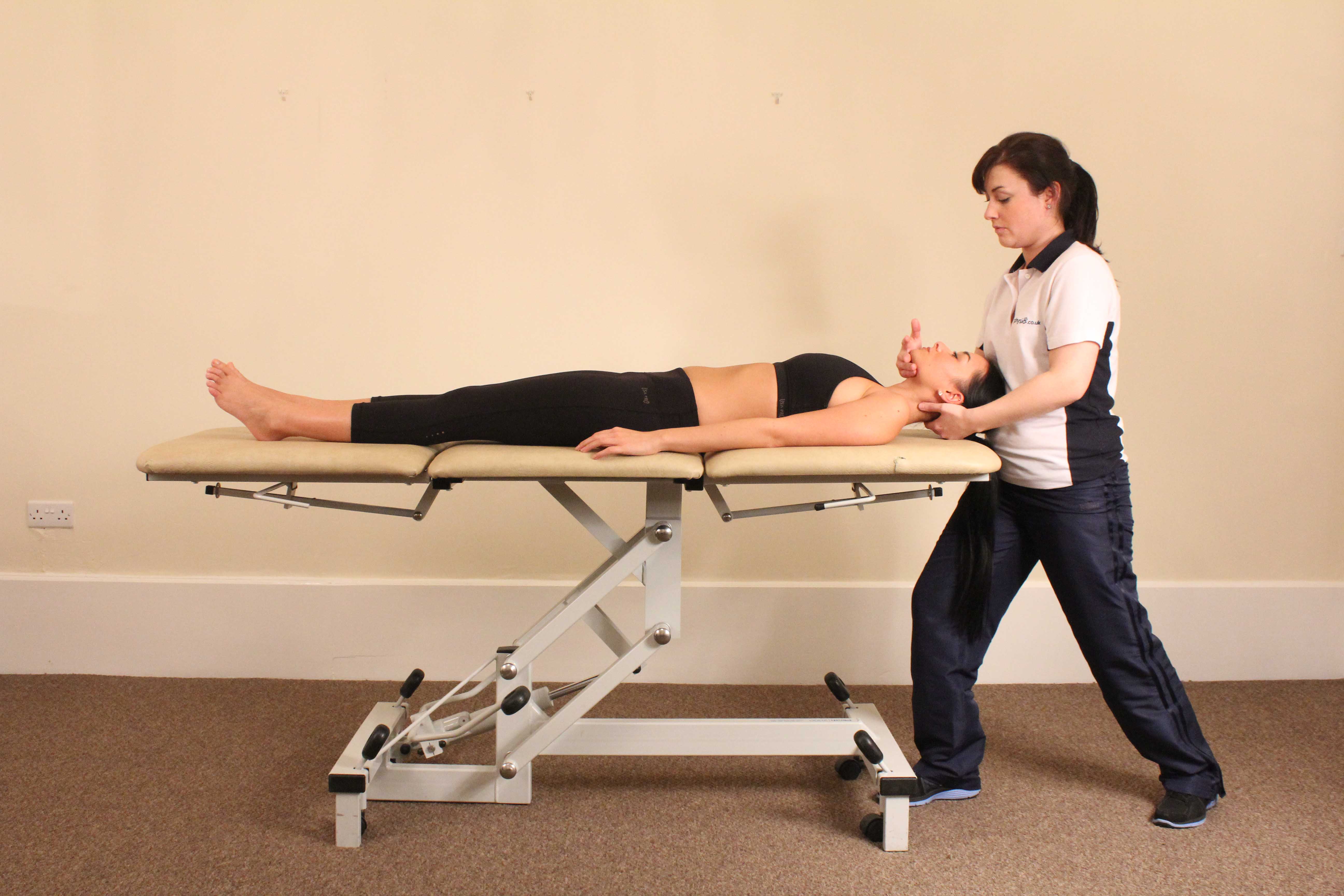What is labyrinthitis?
Labyrinthitis is an infection of the labyrinth in the inner ear. The labyrinth is a series of channels which contain fluid and are responsible for sending messages to the brain about the position of your head and changes in movements. The labyrinth is therefore essential for good balance and hearing. If the labyrinth gets infected and becomes inflamed, the message sent to the brain become disrupted and sends message to the brain even when the body and head are still. This then causes vertigo symptoms such a dizziness, nausea and spinning sensations.
Usually, labyrinthitis disappears on its own within a few weeks once the infection clears up. However, in more severe cases, labyrinthitis can become more chronic and require specialist treatment to resolve the condition. Physiotherapy is a very successful way of treating labyrinthitis and Physio.co.uk have specialist physiotherapists that are experienced at designing rehabilitation programme to treat the symptoms of the condition.
 Above: Vestibular physiotherapy - passive resetting exercises
Above: Vestibular physiotherapy - passive resetting exercisesWhat causes labyrinthitis?
There are a number of different causes of labyrinthitis although the symptoms are similar for each case. Labyrinthitis rarely affects children as is most common over the age of thirty. Potential causes include:
- Flu/ colds (viral labyrinthitis)
- Mumps (viral labyrinthitis)
- Meningitis (bacterial labyrinthitis)
- Head injury
- Bleed to the brain
- Benign tumours
- Allergies
- Glandular fever (viral labyrinthitis)
- Injury of the ear
- Side effect of certain drugs
What are the symptoms of labyrinthitis?
The symptoms of labyrinthitis vary slightly depending on the exact cause of the condition. Your physiotherapist at Physio.co.uk will help to identify your main symptoms and tailor your treatment programme to help minimise these. Symptoms of labyrinthitis may include:
- Vertigo
- Poor balance
- Loss of hearing
- Involuntary eye movements (nystagmus)
- Ear ache and pain
- Nausea
- Headaches
- Anxiety/Panic
- Sensitivity to light or sound
- Neck aches and pain
- Fatigue
- Ringing in ears (tinnitus)
- Vomiting
- Difficulty when standing and walking
 Above: Vestibular physiotherapy - passive resetting exercises
Above: Vestibular physiotherapy - passive resetting exercisesHow is labyrinthitis diagnosed?
There is no specific test to diagnose labyrinthitis and so your doctor will often recommend a series of tests in order to accurately confirm the condition. It is essential that you begin your physiotherapy programme with Physio.co.uk as soon as possible after the diagnosis as this will give you the best possible recovery. Potential tests used include:
- Examination of symptoms
- Eye tests
- Blood tests
- Hearing tests
- MRI/CT scans
- Vestibular assessment
- Balance tests
How can physiotherapy help with labyrinthitis?
Physiotherapy is a very useful way of treating labyrinthitis. It can help relieve symptoms in a number of ways and your physiotherapist at Physio.co.uk will decide on how best to approach you programme depending on your presentation. Physiotherapy can help in the following ways:
- Minimise symptoms of vertigo
- Improve balance
- Encourage your brain to ignore the incorrect messages sent from your affected inner ear
- Reduce fatigue
- Improve walking
- Reduce pain
- Help to manage symptoms and return to normal actives
What physiotherapy will be used to treat labyrinthitis?
Your physiotherapist at Physio.co.uk will work with you to decide on the best possible treatment programme to suit your needs. They will encourage you to take an active role in your recovery as this will optimise your outcome. Your treatment programme will be adapted depending on your current symptoms and will be individualised to meet your goals. Physiotherapy may include:
- Balance retraining
- Vestibular rehabilitation therapy (VRT)
- Coordination exercises
- Functional exercise
- Education on how best to manage a severe flare up of labyrinthitis
- Neck mobilisations/ manipulations
- Cardiovascular exercises
Summary
Labyrinthitis is an infection of the labyrinth in the inner ear. This can be due to a number of reasons include bacterial and viral infections, head injury and bleeding to the brain. Usually, labyrinthitis only lasts a couple of weeks before the infection has cleared up naturally, however in some cases it can become a chronic condition.
Chronic labyrinthitis requires more extensive treatment and physiotherapy can successfully help minimise the symptoms of the condition. Physio.co.uk have specialist physiotherapists that are experienced in designing rehabilitation programme to manage the symptoms of labyrinthitis and help prevent reoccurrences of future episodes.
If you are interested in booking an appointment or would like more information, please call Physio.co.uk on 0330 088 7800. Alternatively, you can also book appointments online.

 0330 088 7800
0330 088 7800

































